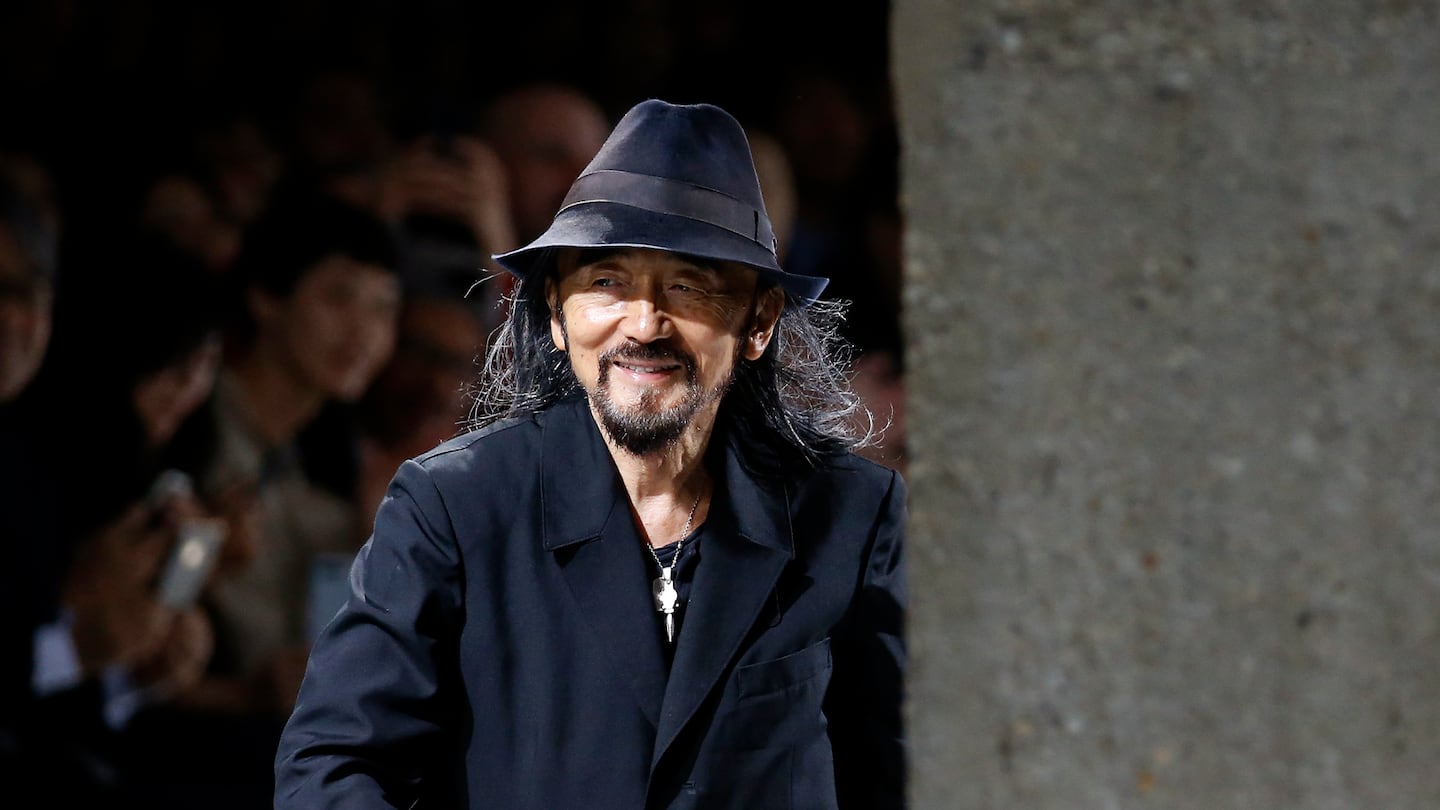
The Business of Fashion
Agenda-setting intelligence, analysis and advice for the global fashion community.

Agenda-setting intelligence, analysis and advice for the global fashion community.

To subscribe to the BoF Podcast, please follow this link.
After graduating from Keio University with a law degree, Yohji Yamamoto realised he wasn’t interested in the law.
“I didn’t want to join the ordinary society,” he says. “So I told my mother after graduation … ‘I want to help you.’”
She agreed to let him work at her dressmaking shop in Kabukicho, an entertainment district in Tokyo’s Shinjuku ward, and learn from the sewing assistants if he enrolled at Bunka Fashion College, now famous for training designers such as Kenzo Takada, Junya Watanabe and Yamamoto himself.
ADVERTISEMENT
After graduating, Yamamoto went on to set up a small ready-to-wear company that slowly acquired buyers in all of Japan’s major cities. This success eventually led him to Paris, where his signature tailoring and draping in oversized silhouettes created an aesthetic earthquake at Paris Fashion Week in 1981.
Since then, Yamamoto has developed a cult following of loyalists who swear by his avant-garde designs. “I’m not working in the mainstream,” he says. “I’m working in the side stream.”
This week on The BoF Podcast, we revisit Imran Amed’s rare interview with the legendary Japanese designer about his storied career — and the mindset designers need to succeed.
The Swiss watch sector’s slide appears to be more pronounced than the wider luxury slowdown, but industry insiders and analysts urge perspective.
The LVMH-linked firm is betting its $545 million stake in the Italian shoemaker will yield the double-digit returns private equity typically seeks.
The Coach owner’s results will provide another opportunity to stick up for its acquisition of rival Capri. And the Met Gala will do its best to ignore the TikTok ban and labour strife at Conde Nast.
The former CFDA president sat down with BoF founder and editor-in-chief Imran Amed to discuss his remarkable life and career and how big business has changed the fashion industry.